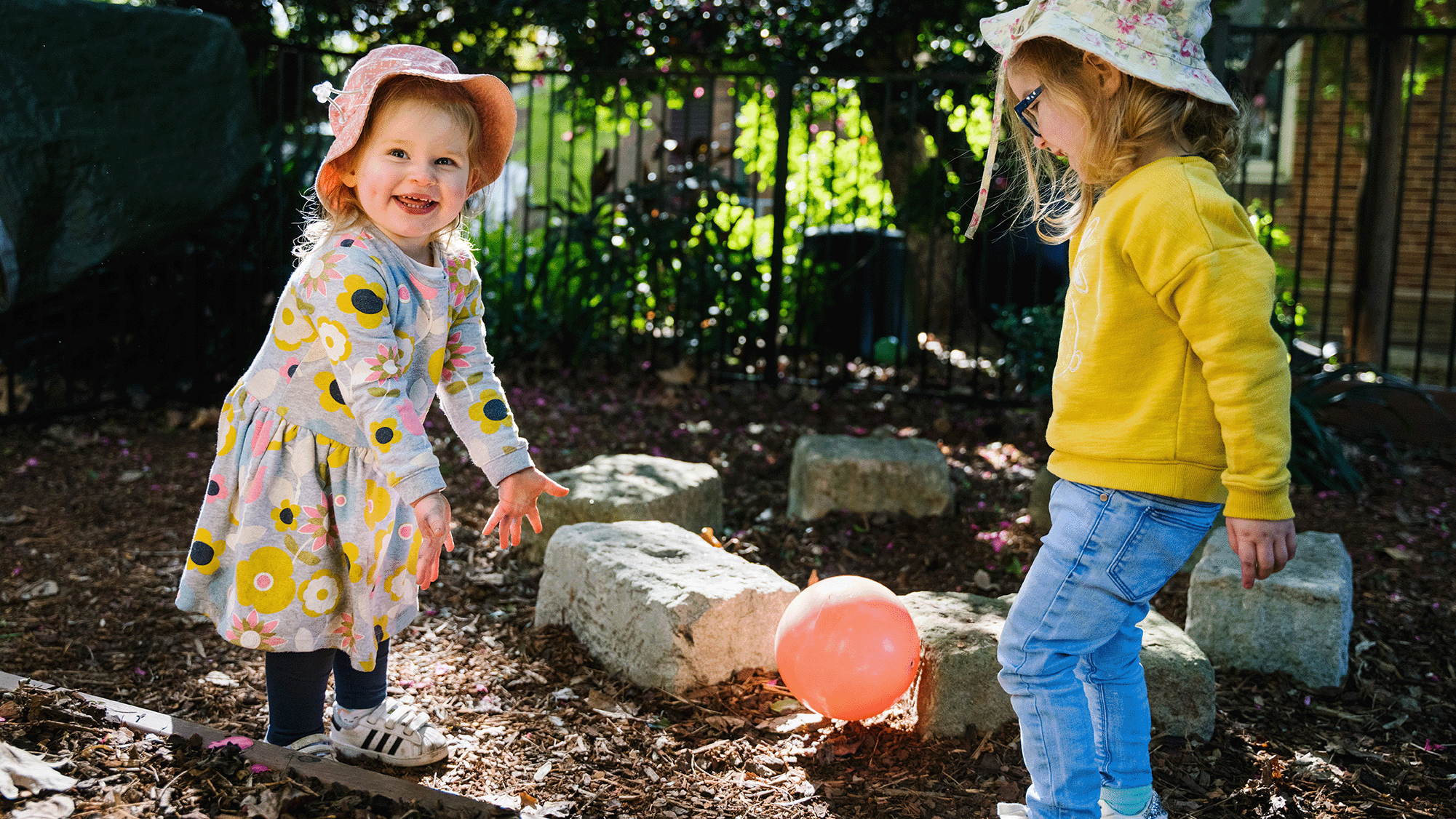Preparing a child for their path of life starts early on. Developing techniques to enable lifelong learning begins with daycare centres. These institutions prepare young minds for the challenges of tomorrow by developing critical skills and nurturing a spirit of inquiry. This post explores the role of daycare centres in your child’s educational development.
Building Social Skills
One important part of early childhood development is socialisation. At a day care in Melbourne, children get to socialise with peers in a controlled setting. Group activities also teach kids how to express themselves, share resources, and negotiate alliances. Observing adults in a variety of settings helps children grow empathy and perspective-taking—life-long skills that are often hard to teach.
Encouraging Independence
Child care centres allow kids to be independent. With guidance, kids start doing many things on their own, like doing their clothes or cleaning up play areas. Accomplishment fosters a sense of responsibility and self-confidence; a child who has successfully tackled one job now feels ready to take on bigger and bigger tasks.
Fostering a Love for Learning
Curiosity drives learning. Children in day care settings interact in play-based activities in different subjects. Such a method cultivates a zest for learning, turning education into something pleasurable and captivating. Instilling exploration in kids automatically initiates the evolution of critical thinking and problem-solving potential, which will help them in academics and later on in life.
Building Emotional Strength
Emotional resilience is a must-have when living through the highs and lows of life. Friendly day care spaces allow kids to be themselves and help them practice expressing emotions. Caregivers also help manage feelings, teaching kids how to react appropriately and regulate the feelings cycle. This ability to bounce back during formative years equips children to handle future setbacks with self-assurance.
Improving Language and Communication Skills
Day care settings provide a conducive environment for blossoming language development. Children are immersed in verbal and nonverbal communication daily, surrounded by peers and caregivers. Reading them stories or songs or having conversations helps build their vocabulary and comprehension. Stronger communication skills lead to better articulation in others’ voices, which leads to collaboration and teamwork skill development.
Fostering Growth in Physical Development
Exercise plays a crucial role in the overall fitness of a child. Day care programs include play time, which allows for physical development with activities such as running, jumping, and climbing. Such movements help develop motor skills, coordination, and balance. Furthermore, active play leads to healthy options and a lifelong love of physical activity.
Cultivating Creativity
When children are free to roam and be themselves, creativity thrives. Creative activities like drawing, painting, and crafting give children the opportunity to work with different types of media in day care. These activities add fine motor skills and foster an imaginative thought process, which could work wonders in problem-solving and new ideas.
Providing Routine and Structure
Children feel secure and stable when they have some element of routine and structure. Day care centres have a daily routine for planning meal time, naps, and other activities. From a regular activity module, the children learn how to manage time and understand the significance of balancing different activities. When your child learns to follow routines, they become organised, which will help them in school and daily life.
Fostering Diversity and Inclusion
Exposure to different cultures and backgrounds enhances a child’s responsiveness to life. Many traditions and customs are celebrated in day care centres, thus allowing children to develop an appreciation for inclusivity and respect for differences. When children understand and celebrate diversity, they prepare themselves for an open-minded and accepting attitude that is necessary to live and prosper in a world where we are all different.
Conclusion
Day care centres are perhaps the best nurturing grounds for acquiring skills and attitudes for lifelong learning. The benefits of early childhood education go far beyond socialisation and independence into creativity, resiliency, and much more. Choosing a quality day care experience for kids allows parents and caregivers to guide children in their journey to success, as they equip kids with the skills they will require in a rapidly changing world.



